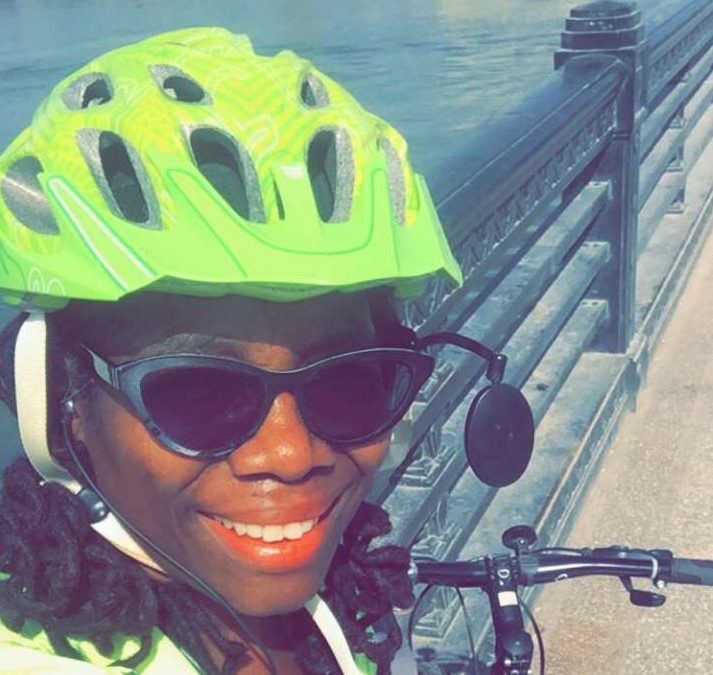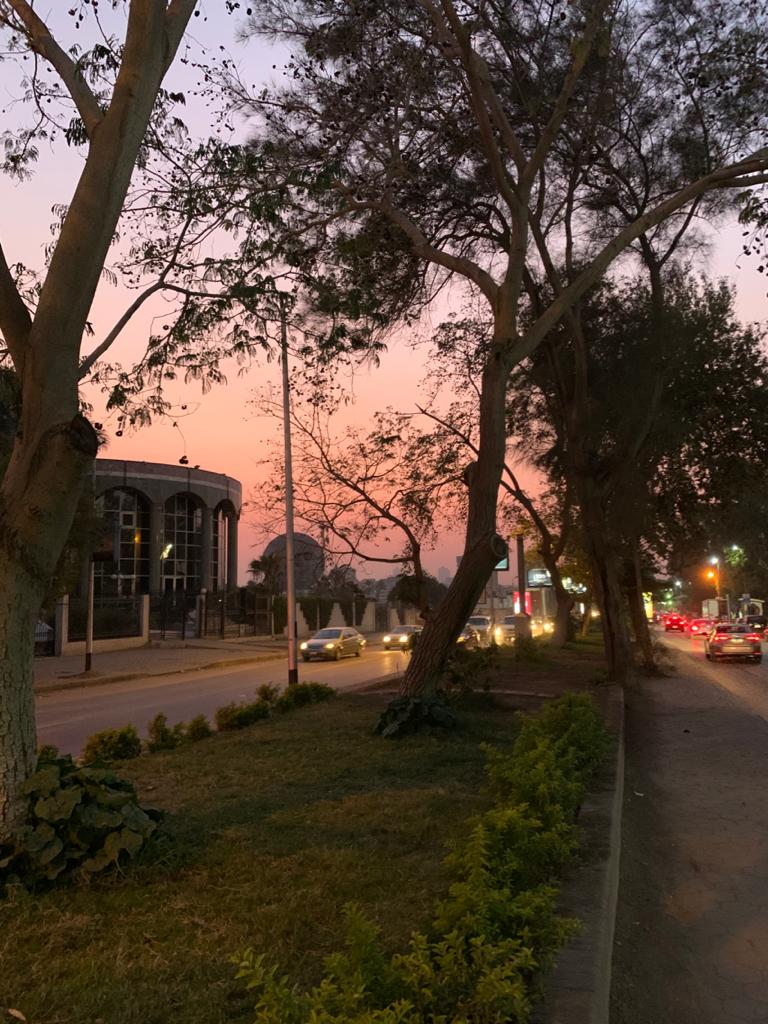‘Hattrick’ Alumna Rana el Kaliouby Delivers AI Talk
By: Bassel Hanna
@basselawsamw
To kick off AUC’s Centennial Nights program, AUC Trustee Rana el Kaliouby, CEO and Co-Founder of Affectiva, addressed a packed Malak Gabr Theatre and a live streaming audience last week.
El Kaliouby, as President Ricciardone put it, “accomplished the hattrick” as AUC alumna, faculty and trustee. Born and raised in Egypt, she is now a Boston, Massachusetts resident and businesswoman where she founded Affectiva, which is an MIT Media Lab spin-off and a pioneer in Emotion Artificial Intelligence (AI).
El Kaliouby started her talk off by congratulating AUC for a 100 years and by taking her audience back in time to the year she started her journey at AUC.
“I had just turned 15 as I stepped foot on AUC’s campus as a freshman. At AUC – day in day out – I was inspired by the vibrant community. At AUC, I found my tribe: friends, faculty, staff – many of whom are here today and continue to be my closest friends,” she said.
“I am also, forever, an ambassador for AUC and an avid supporter for this community,” she declared.
She recalled the challenges she faced as an undergraduate and as a young woman in Egypt, often burning the midnight oil in the computer labs.
In order to finish her work, she sometimes would have to stay in the computer lab – because she needed access to powerful servers – until 4am before she could go home. A 17-year-old at the time, she didn’t have a driver’s license and resorted to having one of her male colleagues drive her home. This landed her in trouble with her family who felt that was inappropriate.
“So one morning, our bawab [doorman], saw me stepping out of my colleague’s car at 5am, made inferences and told my dad – who was absolutely livid,” she told the audience.
This incident almost nipped her AI career in the bud as her father was adamant that if this was the only way that she could get her work done, she would have to change majors. Thankfully, that didn’t happen as her mother interceded with a reasonable compromise that allowed her to continue studying what she loves.
“I think my mom intervened, like all good, old moms do, behind the scenes and we reached a compromise. I was allowed to stay in computer science on the condition that I meet the 10 pm curfew every night,” she said.
Ultimately, that didn’t really hinder her progress as she graduated top of her class and was awarded the president’s cup.
“I suppose it all worked out okay,” chuckled el Kaliouby.
She stressed the importance of liberal arts and diversity of thinking especially in regards to ethics in technology as well as in designing, developing and then deploying artificial intelligence.
While there is global concern over AI technology and how it can relegate the human experience as substandard, el Kaliouby, through Affectiva, is catering to enhance the human experience rather than replace it.
“We are very strong advocates for mitigating bias in the algorithms in this space,” she added.
Talking about the practical implementations of this technology, she cited road safety in addition to medical, and mental health applications.
The AI technology can detect, for example, when a driver is falling asleep or distracted and can interact with their vehicle to ensure maximum safety.
“If you walk into a doctor’s office today, they don’t ask you what’s your temperature or what’s your blood pressure; they just measure it. But in mental health, the gold standard is still a survey; it’s still a self-report. You still ask people: on a scale from one to ten, how much pain are you in? How depressed are you, how suicidal are you? And we know that this data is not objective and we can do much better,” she said.
Applying emotion AI to mental health allows technology to quantify how a person is feeling, moment by moment, and be able to discern when a person is deviating from their baseline; thus, leading to more accurate results and representations.
She also talked about ‘social robots’ that are paired with terminally ill patients to support their health companions by notifying them when the patient is in need of assistance or in a state that requires immediate medical attention.
El Kaliouby explained that such technology is needed “because you can’t really send a nurse with every patient and this is especially true in countries like Egypt”.
El Kaliouby told The Caravan that she hopes her talk could have influenced AUCians to innovate and pioneer new technologies.
“I feel super honored and privileged and also it feels a little surreal and I’m just grateful that the turnout was amazing and there are a lot of young people so I hope at least one person is inspired and motivated.”




